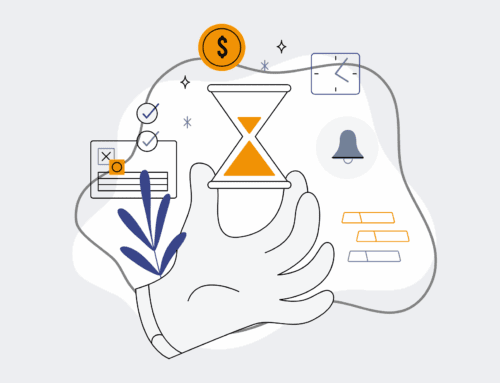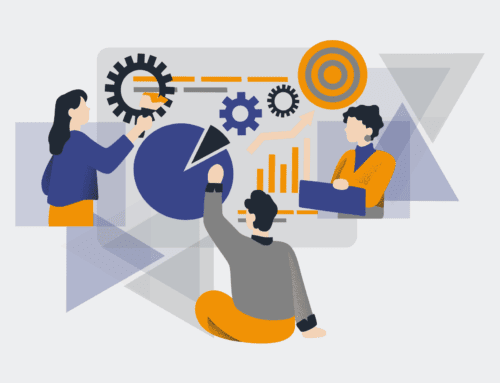Navigating the Future: The EU AI Act’s Global Ripple Effect on HR and Talent Management
The European Union’s Artificial Intelligence Act, formally adopted in May 2024 and set to become fully applicable by mid-2026, marks a watershed moment in the regulation of AI. As the world’s first comprehensive legal framework for AI, its ambitious scope extends far beyond European borders, creating significant implications for businesses globally – not least within the critical domain of Human Resources. For HR leaders, this new regulatory landscape demands a proactive strategic overhaul, particularly concerning AI tools used in recruitment, performance management, and workforce analytics.
Understanding the EU AI Act: A Risk-Based Approach
At its core, the EU AI Act employs a risk-based classification system for AI applications, categorizing them into unacceptable risk, high-risk, limited risk, and minimal risk. Systems deemed ‘unacceptable risk’ – those manipulating human behavior or exploiting vulnerabilities – are banned outright. High-risk systems, which include AI used in employment, worker management, and access to self-employment, face stringent requirements. These include mandatory human oversight, robust risk management systems, high-quality data, transparent information provision, and compliance with fundamental rights.
According to a recent report by the Global HR Institute on AI ethics in the workforce, “the EU AI Act explicitly targets AI systems that impact hiring, promotion, and termination decisions, recognizing their profound influence on individuals’ livelihoods and opportunities.” This places a substantial burden of compliance on HR technology providers and the organizations that deploy their tools, necessitating a deep dive into the algorithmic fairness, data quality, and transparency of existing and future AI solutions.
Implications for Global HR Professionals
The extraterritorial reach of the EU AI Act means that any company offering AI-powered HR solutions to EU citizens, or processing data from EU citizens, regardless of their location, will likely need to comply. This ‘Brussels Effect’ will push many global HR tech vendors to adopt the EU’s high standards to maintain market access, effectively establishing a global benchmark for responsible AI in HR.
Enhanced Due Diligence for AI Tools
HR departments worldwide must now conduct rigorous due diligence on all AI tools used across the employee lifecycle. This isn’t just about functionality; it’s about compliance. Questions about data provenance, bias detection, human-in-the-loop mechanisms, and auditability will become paramount. As stated in a recent press release from the European Commission, “the Act aims to foster trust in AI by ensuring these systems are human-centric, ethical, and secure, particularly in critical areas like employment.” This necessitates HR teams to collaborate closely with legal, IT, and compliance departments to map out their AI ecosystem and identify high-risk applications.
Focus on Algorithmic Fairness and Transparency
One of the most significant shifts will be the intensified scrutiny on algorithmic fairness. AI systems used in recruitment – from resume screening to predictive performance analytics – must be demonstrable to be non-discriminatory and free from biases against protected characteristics. HR professionals will need to demand transparency from vendors, understanding how AI models arrive at their recommendations and ensuring that human oversight remains central to decision-making processes. This includes understanding the training data, evaluation metrics, and potential limitations of AI systems.
Data Governance and Quality
The Act emphasizes the importance of high-quality training data to prevent biased outcomes. For HR, this means a renewed focus on data governance. Ensuring that applicant and employee data used to train AI models is diverse, accurate, and representative becomes critical. Poor data quality can lead to discriminatory hiring practices or flawed performance evaluations, exposing organizations to legal and reputational risks under the new regulations.
Human Oversight and Accountability
The principle of human oversight for high-risk AI systems is non-negotiable. This means HR professionals cannot simply automate critical decisions entirely. Instead, AI should augment human judgment, providing insights and recommendations while the final decision-making power remains with a qualified human. Organizations will need clear protocols outlining when and how human review occurs, and who is accountable for decisions made with AI assistance.
Practical Takeaways for HR Professionals and Leaders
The EU AI Act presents a challenge but also an opportunity for HR to lead the charge in ethical and responsible AI adoption. Ignoring these regulations is not an option for any organization with global aspirations or a desire to stay competitive in the modern talent landscape.
1. Conduct an AI Inventory and Risk Assessment
Begin by cataloging all AI tools currently in use or planned for HR functions. For each tool, assess its risk level according to the EU AI Act’s framework. This will help prioritize compliance efforts and identify areas requiring immediate attention. An analysis by TalentTech Insights suggests that “many existing AI hiring tools, particularly those involving biometric data or extensive candidate profiling, will likely fall under the ‘high-risk’ category.”
2. Partner with Legal and Compliance
Establish a cross-functional task force involving HR, legal, IT, and compliance to interpret the Act’s specific requirements and develop an organizational compliance strategy. Legal counsel will be crucial in translating regulatory text into actionable HR policies.
3. Demand Transparency from AI Vendors
When selecting or renewing contracts for HR AI tools, ask detailed questions about their compliance with the EU AI Act. Inquire about their data governance practices, bias detection mechanisms, audit trails, and human oversight capabilities. Ensure contractual agreements include provisions for compliance.
4. Invest in Data Quality and Diversity
Review and improve the quality, diversity, and representativeness of your HR data. Implement robust data governance frameworks to ensure that AI models are trained on unbiased and accurate information, reducing the risk of discriminatory outcomes.
5. Train Your Teams
Educate HR professionals, recruiters, and managers on the ethical implications of AI, the requirements of the EU AI Act, and best practices for human-in-the-loop decision-making. Foster a culture where AI is seen as a powerful assistant, not a replacement for human judgment and empathy.
6. Embrace Automation for Compliance Management
While the Act regulates AI, automation can play a pivotal role in managing compliance. Systems for tracking AI tool usage, documenting risk assessments, managing data quality checks, and maintaining audit trails can be automated. This is where strategic consulting, like that offered by 4Spot Consulting, can provide significant value by building robust, compliant operational frameworks. Automation and AI, when implemented thoughtfully, can help HR navigate complex regulatory landscapes with greater efficiency and fewer errors.
The EU AI Act is a global game-changer. For HR leaders, it represents a call to action to not only understand but proactively shape their organization’s approach to AI, ensuring it is ethical, compliant, and ultimately, serves the best interests of their workforce. The journey towards compliant AI in HR is complex, but with strategic planning and the right operational frameworks, organizations can turn regulatory challenges into opportunities for innovation and trust.
If you would like to read more, we recommend this article: The Future of Talent Acquisition: A Human-Centric AI Approach for Strategic Growth









